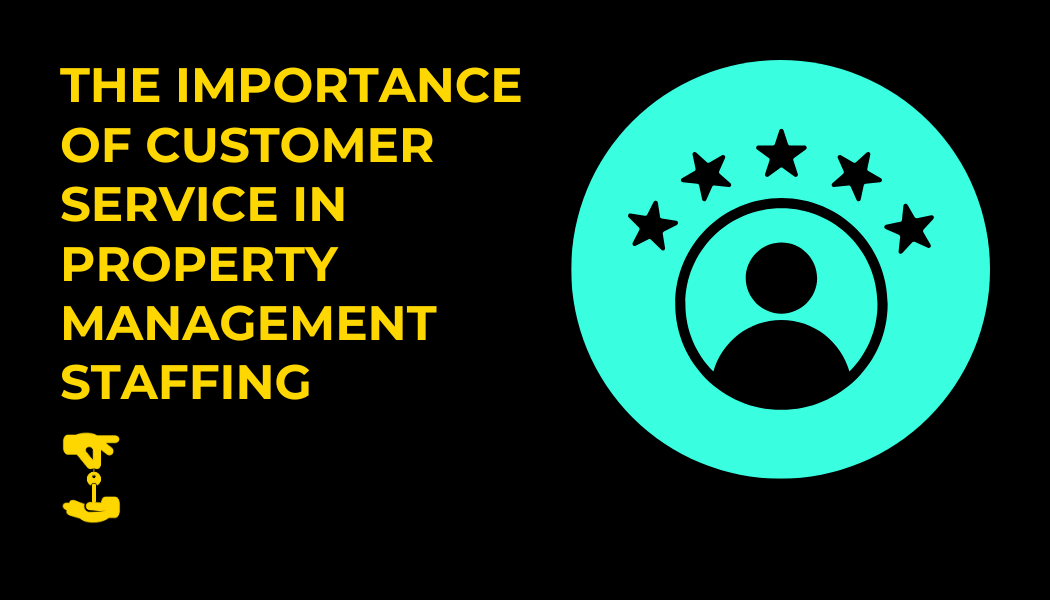How a Toxic Employee Can Sink a Business or Team
How a Toxic Employee Can Sink Your Business

There are many underlying causes that can lead to the failure of a business or team. While many may be obvious to the business owner, there are some that might not catch their eye as an issue that could derail the success of the entire company. Toxic employees are one of the detrimental aspects of a business that an owner may not see as a catalyst for their failure until it is too late. Toxic employees create a bad atmosphere for the entire business by lowering morale, creating tension between workers and their boss, and reducing employee productivity. Business owners need to make sure their managers are aware of toxic employees and report their behavior so it can be dealt with in a timely manner.
There are different types of toxic employees, and each should be dealt with in a different way. Below is a list of common types and how they should be handled.
The Grumpy Nay-Sayer
This is an employee that you must watch out for because they are hot-tempered and completely detrimental to the morale of everyone in your company. Even though they spend most of their time trying to find something to complain to their co-workers about, they get extremely defensive when management questions their productivity. If you notice an employee exhibiting these behaviors, you may also notice a decline in effort and job enjoyment from the people around them. If you wait too long, this employee will try to get others on their side and taint the good employees that you once had.
The best way to handle this employee is have a meeting with them as soon as this behavior is noticed. Make it clear that this behavior is intolerable and put them on probation. If the behavior continues, this type of employee must be terminated. If they are terminated quick enough, you should notice an almost immediate improvement of morale.
The Gossiper
To get through the day, this employee spreads scandals throughout the workplace to her colleagues. Everyone knows they can’t be trusted with secrets, but they always seem to find them out anyways. This employee is usually harmless but can be dangerous if they spread rumors that lead to conflict in the office. Most gossipers are trying to pass the time and don’t spread anything with malicious intent, the ones who do are terrible for the company.
A good way to handle a gossiper is to talk to them privately and let them know that they can talk, but they also need to spend more time worrying about their work rather than their colleagues personal lives. This should improve the work of the harmless gossiper. If the gossiper has other toxic traits and is malicious, there might have to be a conversation about termination if it affects those around them. Malicious gossipers will say anything they hear and even make up rumors for their enjoyment, this can negatively affect everyone involved in their time-passing game.
The Overachiever
You may think that having an overachiever on your staff is a good thing, but it can negatively affect your company if they are not handled correctly. This employee will take on every project that you have, meet deadlines, and does fantastic work. While they themselves are great employees, the other employees tend to have less workload and have a harder time learning new skills since the overachiever always takes them on. The other employees feel demotivated by their competitive attitude and tend to stop trying to keep up with them at all.
To offset the problems that come along with having this employee on your team, you need to make sure to be aware of the workloads that each employee is taking on and give everyone equal opportunities to progress. There are many strengths to having someone like this working for you, but the effect it has on the other employees needs to be taken into consideration as well for the success of your business.
The Excuse Making Procrastinator
The excuses for why their work is never done seem to pile up until you realize something can’t be right here. When they turn in their work, late as usual, it never seems like they spent much time on it at all. They are the “my dog ate my homework” of the workforce and after a while you stop giving them big projects because you know it will not get done on time or correctly.
While this employee doesn’t usually effect those around them, they have to be dealt with since they are still on your payroll. Schedule a performance review with them and talk to them about the expectations they aren’t meeting. If you don’t see improvements being made, this employee will most likely have to be terminated. Unless you are fine with giving someone a paycheck for nothing, these employees have got to go if they don’t change.
The Bully
Sometimes it is hard for management to spot a bully because they tend to hide their actions from those that can reprimand their behavior. Bullies will usually demean their coworkers and throw them under the bus so they can get promotions, they want to be in a position of power. These workers will make the other employees miserable and effect office morale. They are especially toxic when they get promoted and begin to bully the employees they now manage. The bully will diminish and insult everyone they can and get away with it if it isn’t stopped.
It is your responsibility to stop this behavior in its tracks if it is ever seen. If you witness a manager bullying employees, they must be reprimanded immediately. These employees can turn physically violent, so the behavior cannot continue, or it may reach that point. When dealing with a bully it is important to get HR involved, you do not want to handle this person alone if they are dangerous. Bullies will most likely have to be terminated, their conduct should not be tolerated, or you will have an unsafe working environment. However, on the lower end of the bullying scale, such as snide comments, this can be fixed by having a conversation about how to treat those they work with. Make them aware that you noticed this behavior and that they should be respectful of their colleagues’ ideas, this should stop this kind of bully from continuing this behavior.
Have a Positive Outlook
When you have one toxic employee, it is easy to start scrutinizing the behaviors of every employee you have. While it is good to recognize the toxic traits employees may exhibit, it is important to not be on the hunt for anything that can deem an employee toxic. This can lead to a bad work environment and cause the employees to have a negative view of you and your company. Dealing with toxic employees is very important, but don’t let it consume you to the point of driving out the good employees you have. The toxic employees usually show their true colors eventually, so stay positive and the good ones will stick with you.
Contact Us:
Leasing Temporaries LLC
(614)986-7590
info@leasingtemps.com
www.leasingtemps.com












